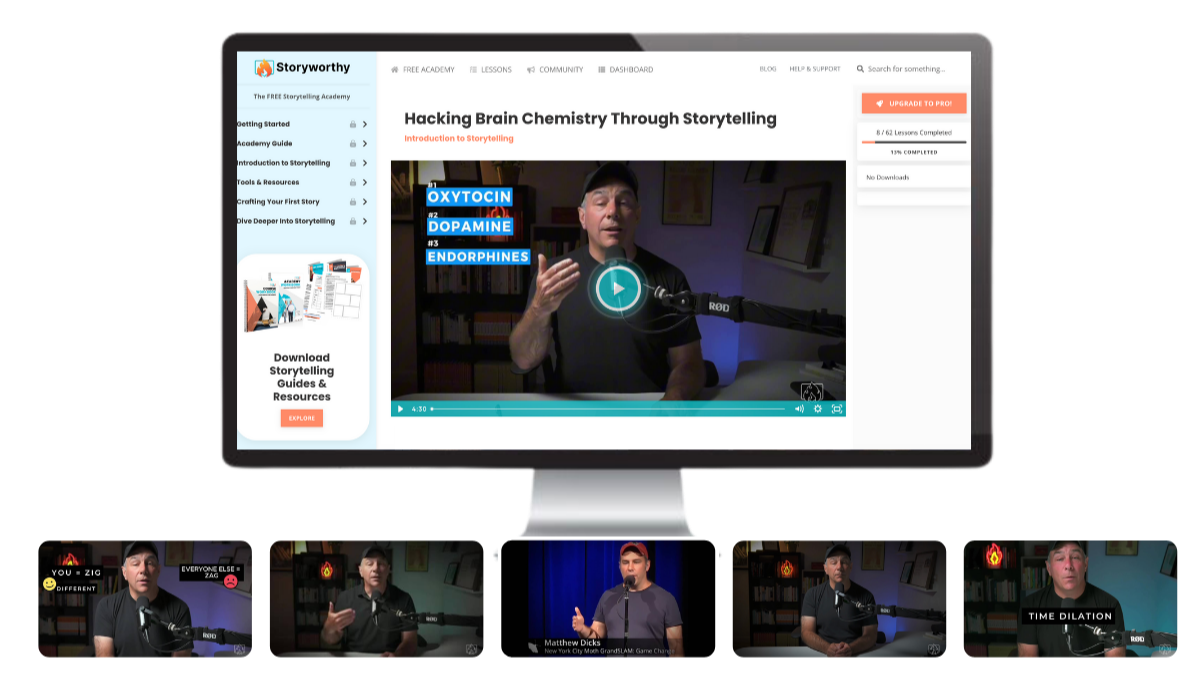Keep things simple. Assume nothing.

A simple but important thought:
Keep things simple. Assume nothing.
My friend is preparing to tell a story in which one of her friends experiences an ectopic pregnancy. I’ve heard of this type of pregnancy before, and I know it’s not good, but I couldn’t recall what it actually meant for the mother or the unborn baby, so for the next 30 seconds of the story, as my friend continued to speak, I searched my memory banks for the definition of an ectopic pregnancy.
See the problem?
I stopped listening, so by the time I rejoined the story, still wondering what an ectopic pregnancy was, I was lost.
This happens in personal storytelling a lot, but it happens in business stories all the damn time. Companies immersed in their sector, obsessed with their line of business, or using their own product forget that audiences don’t know nearly as much as they do.
This is why when I was consulting for Slack, I purposely avoided the platform, even though Slack executives wanted me to use the platform to make communication easier. But by avoiding it entirely, I served as a reliable sounding board for their techno-babble, faulty assumptions, and use of language that only regular Slack users would understand.
When telling stories, we must relentlessly interrogate our vocabulary, asking ourselves:
Is every word that I’m using a universally understood word, or do I need to define these words for people who are not “in the know?”
When in doubt, avoid the word entirely or define it well.






